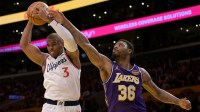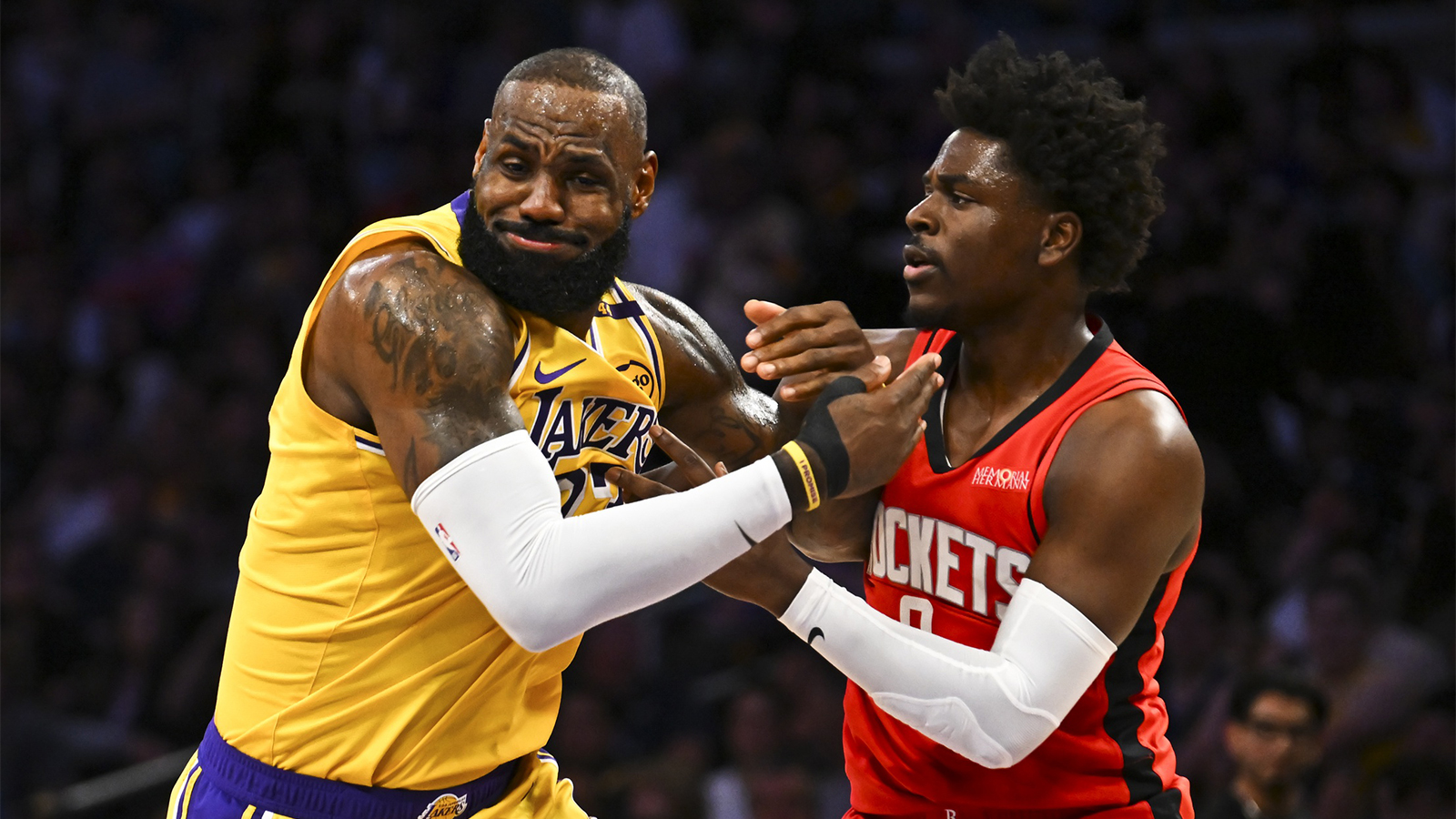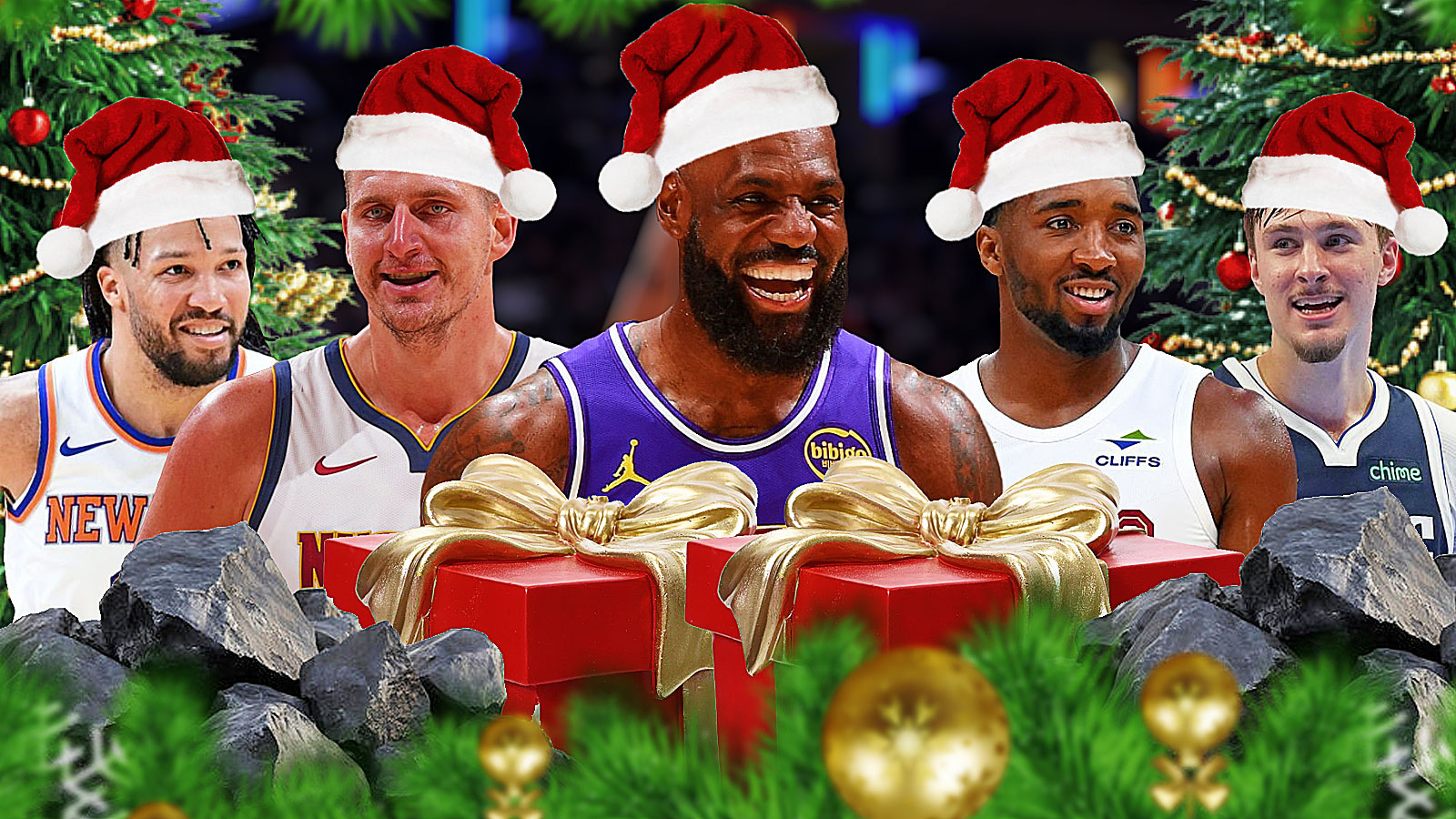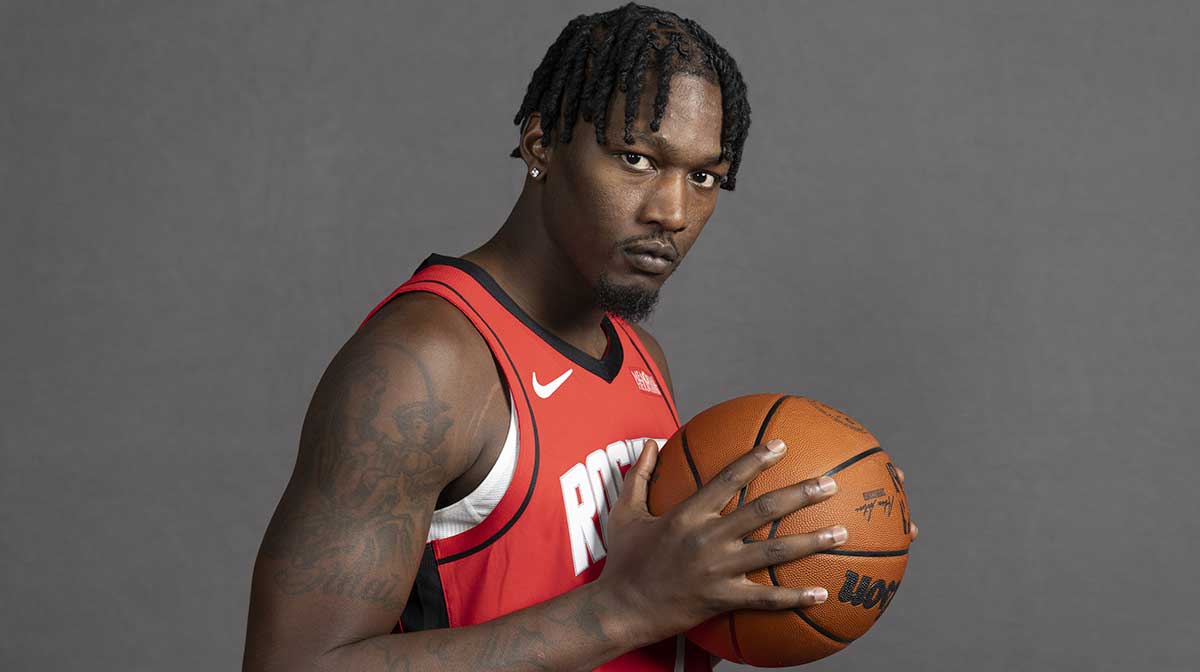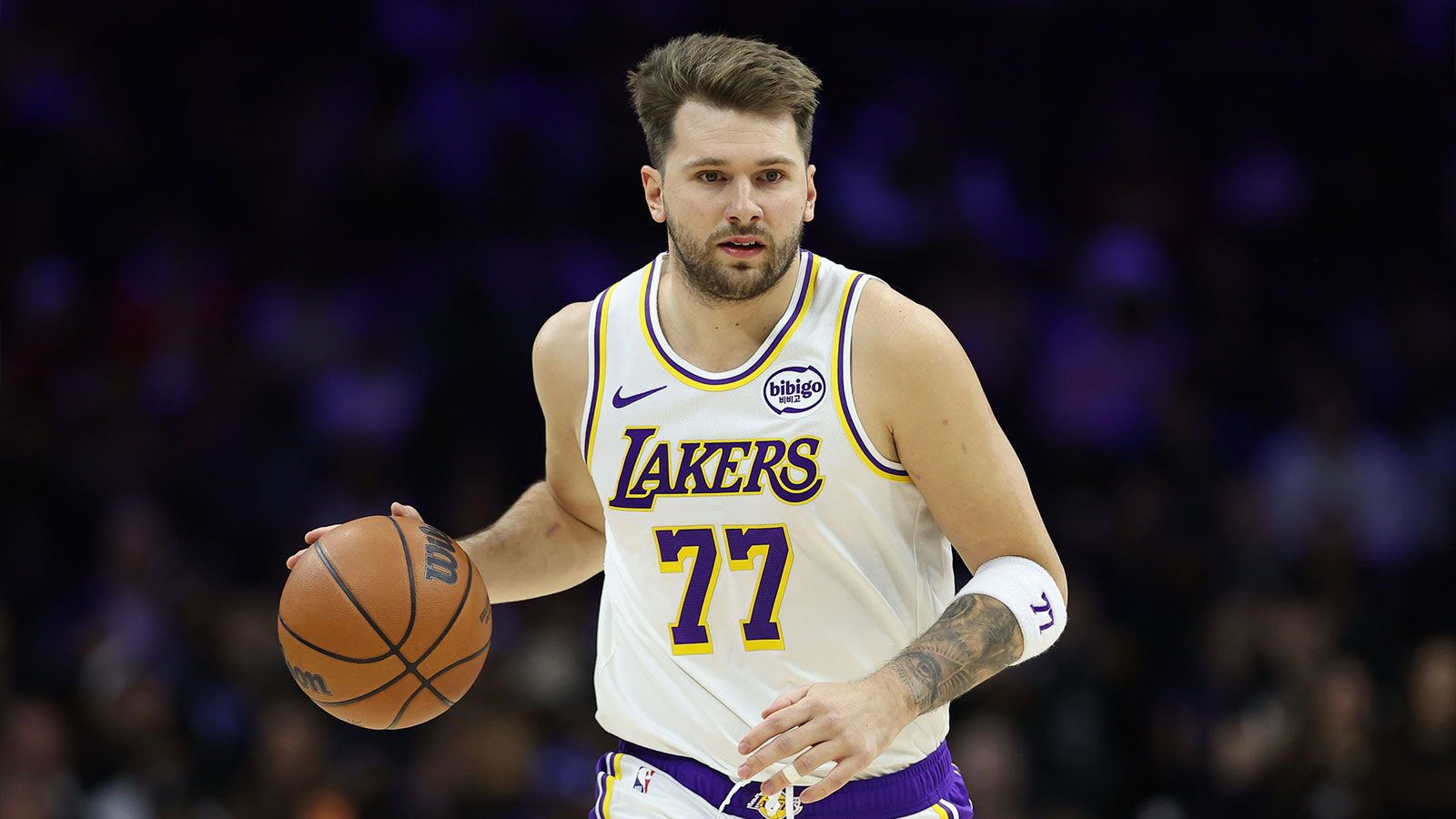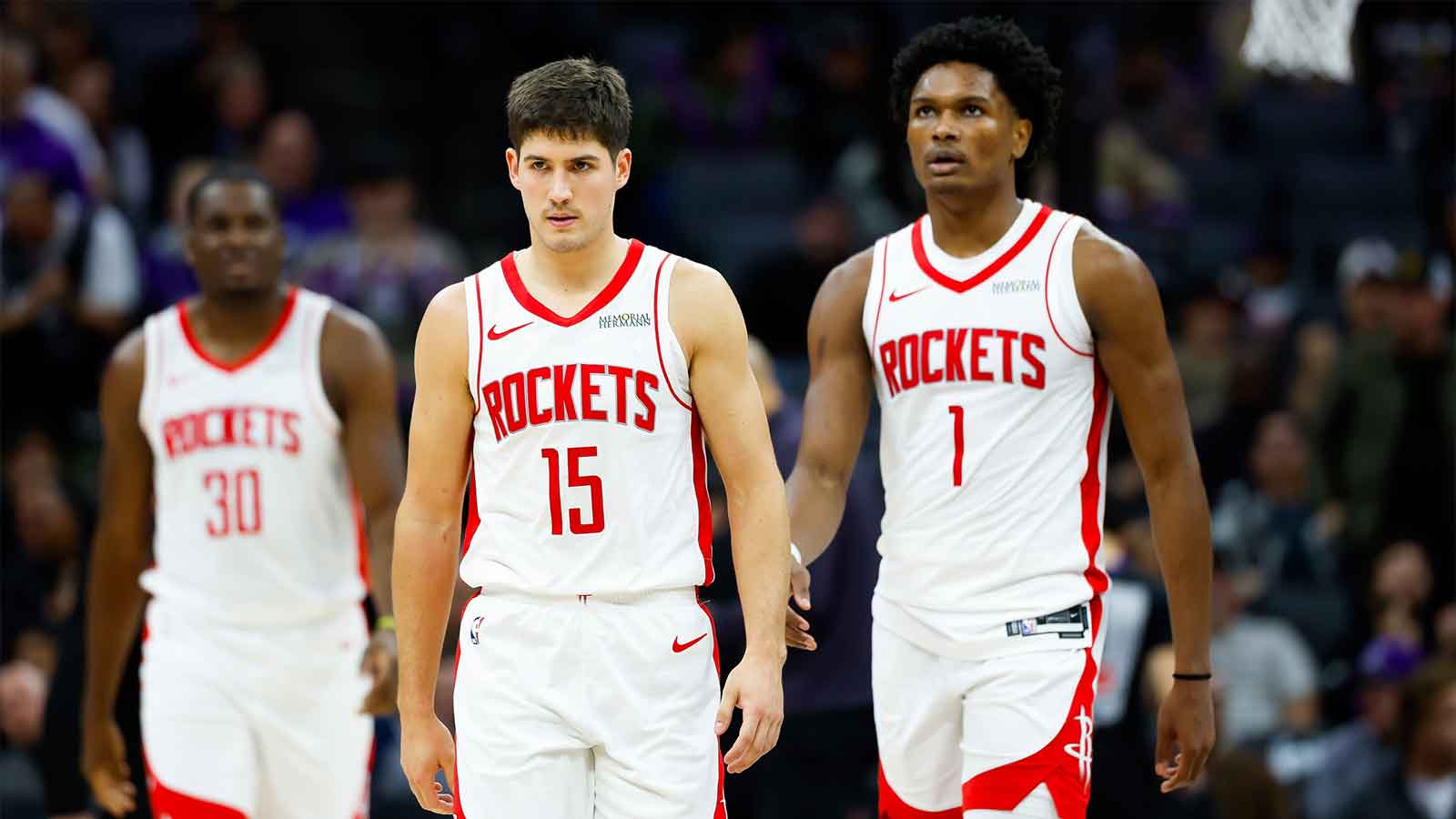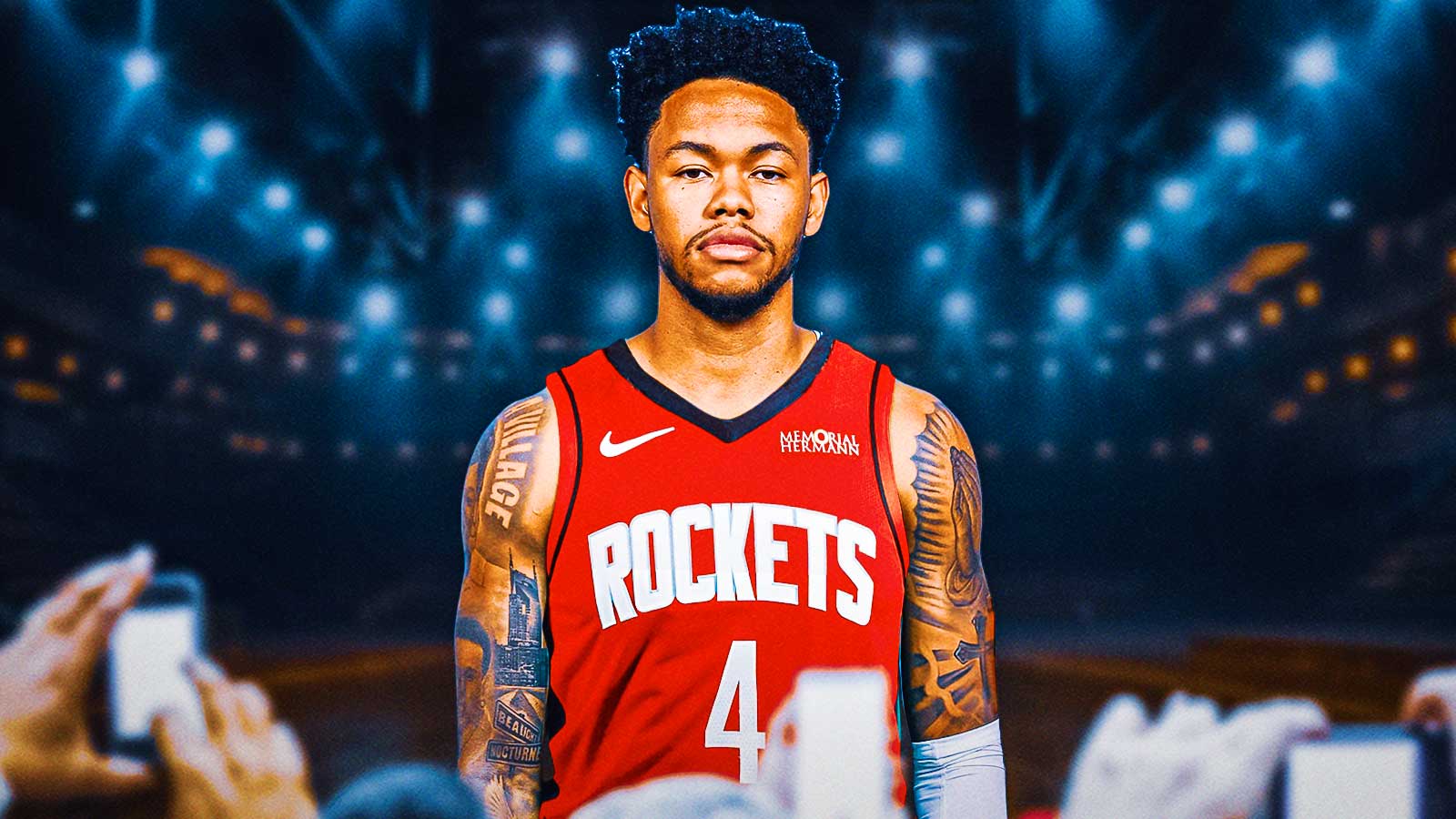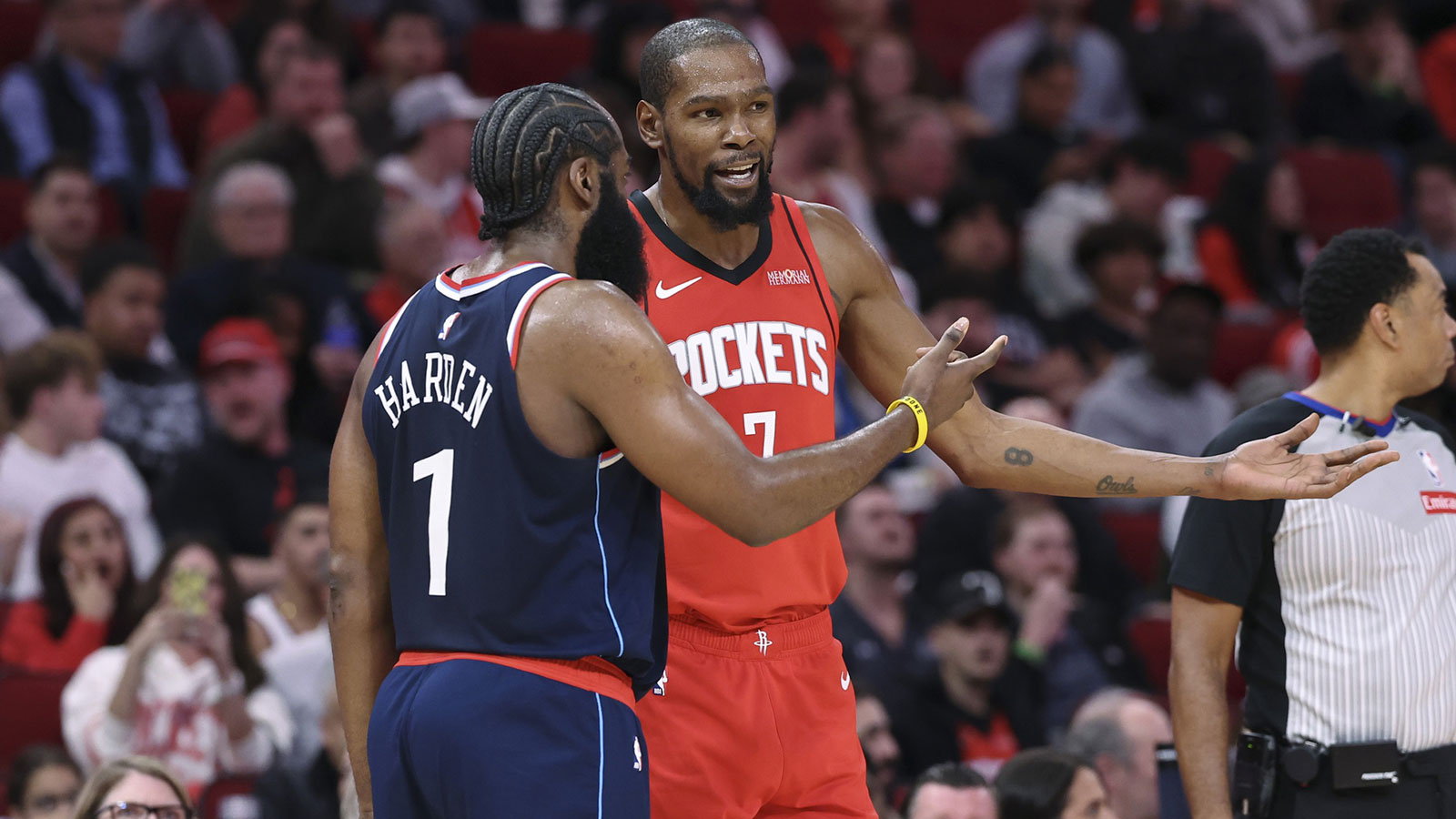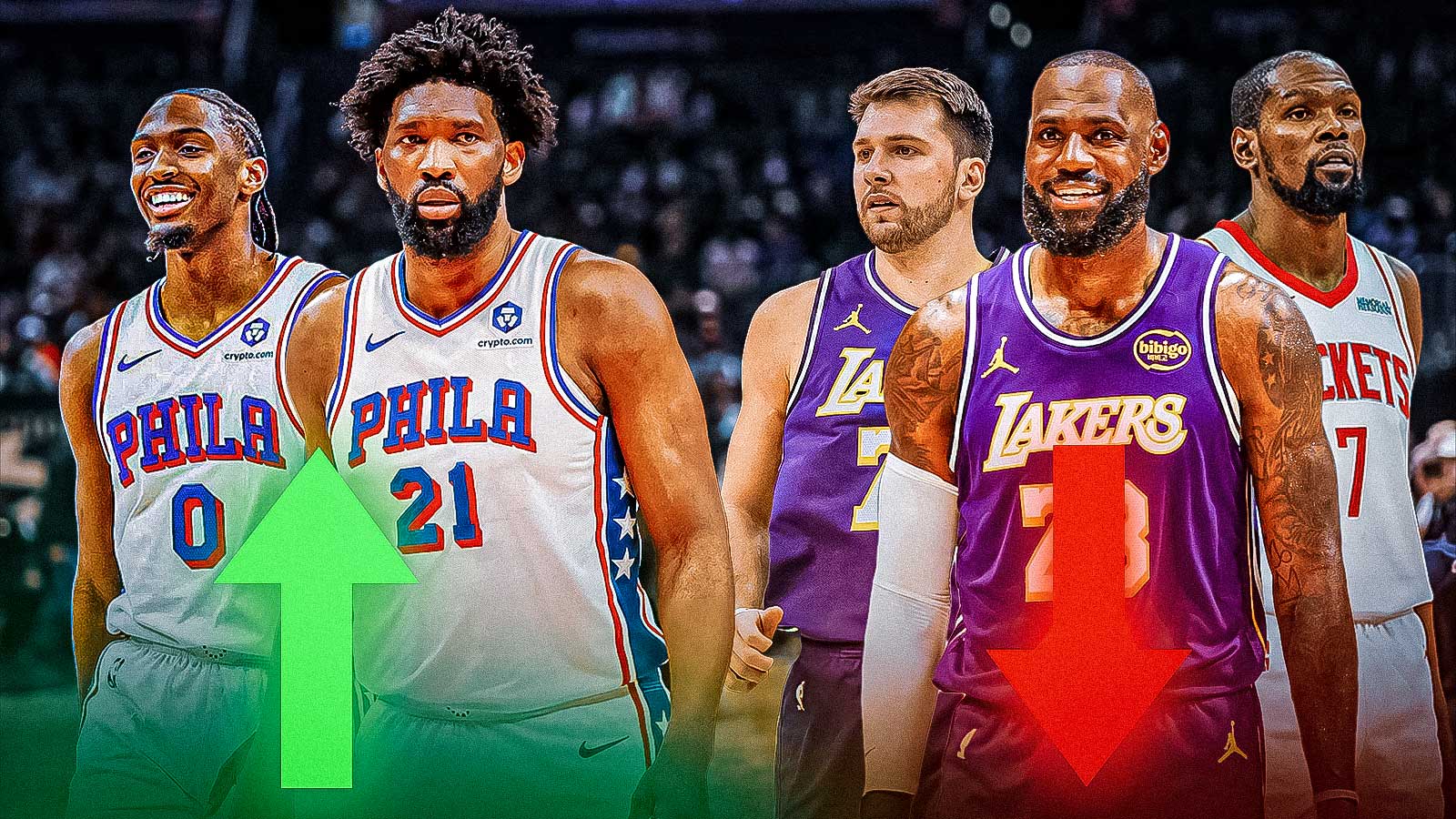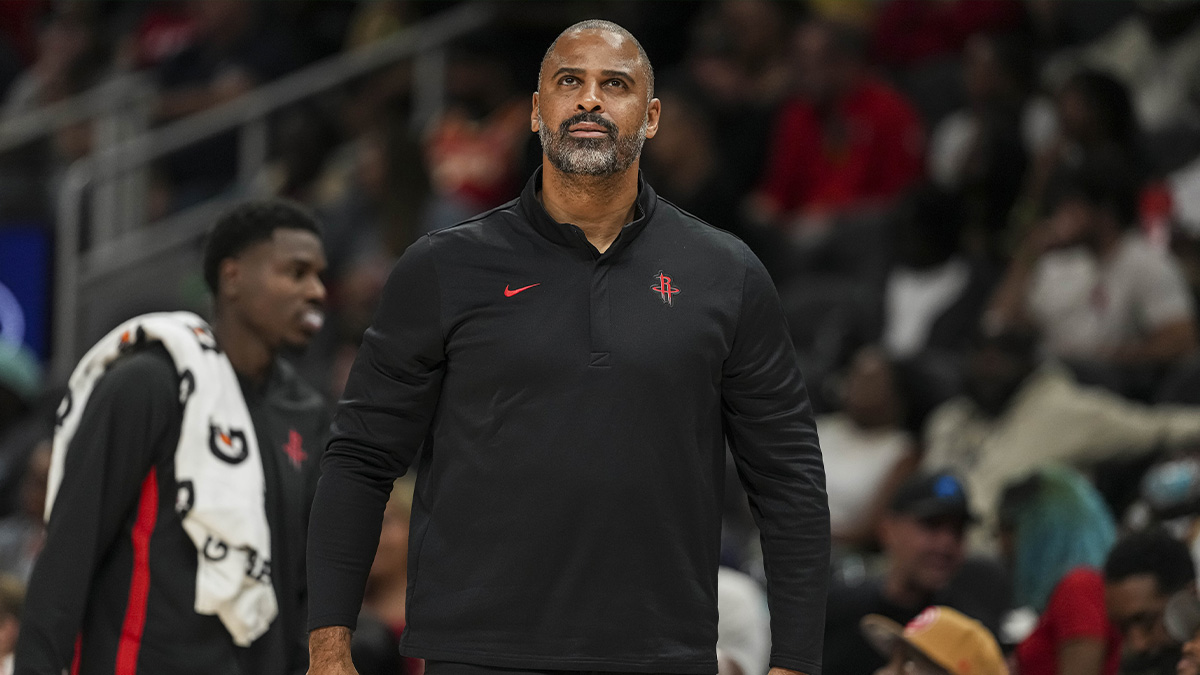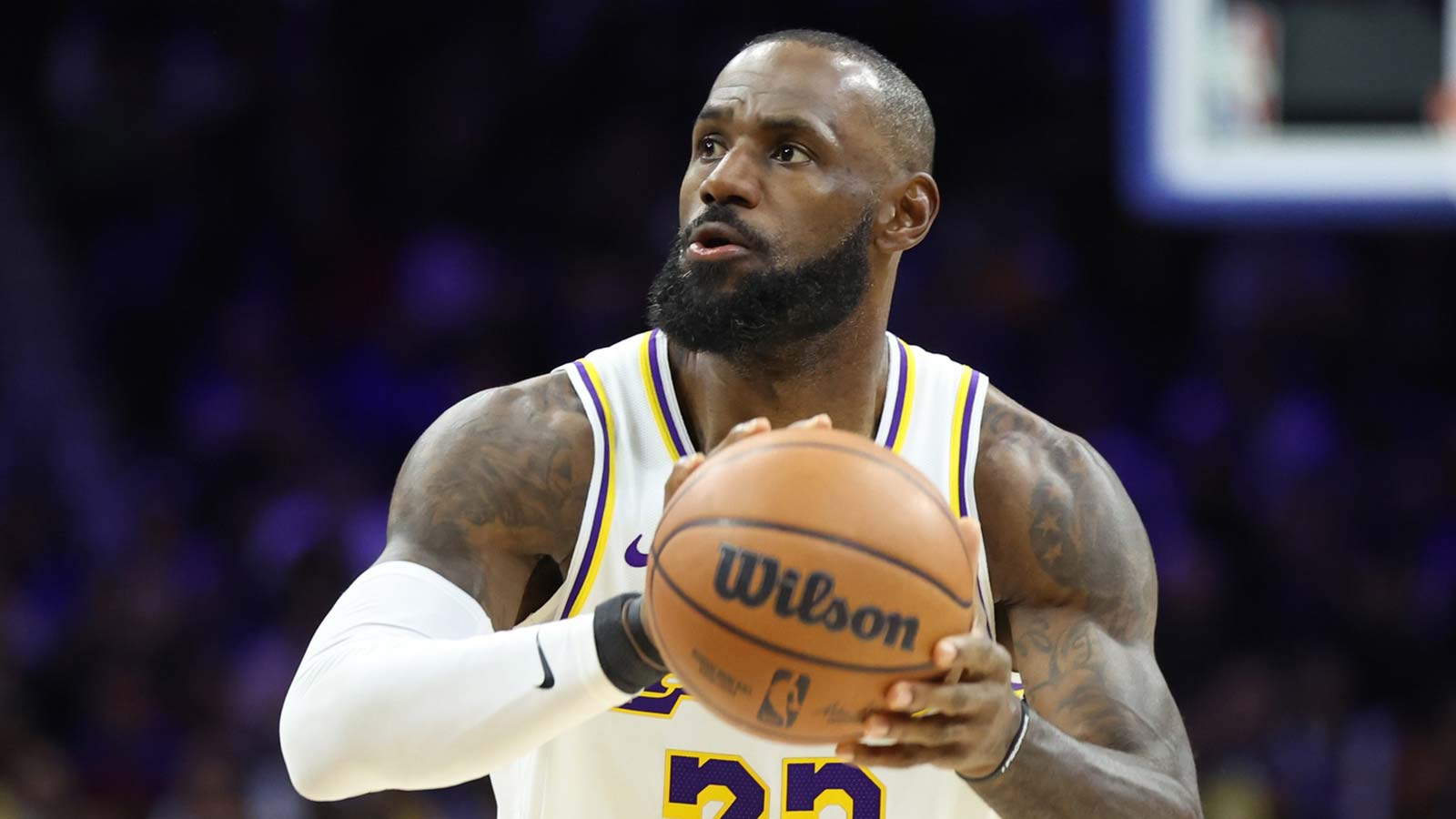For the last few years, I covered a Houston Rockets team that was very openly trying to win a championship. When analyzing the offseason for a team like that, the baseline question is pretty simple “Did the Rockets get better?”. Now that the Rockets have transitioned to a rebuild, there are multiple questions you have to ask when analyzing an offseason:
A) Did the Rockets take proper swings at superstar talent?
B) Did the Rockets add to their war chest of assets?
C) Did Houston do anything to compromise future cap flexibility?
Did the Rockets take proper swings at superstar talent?

As you can probably tell, the offseason is made much simpler when you're building around a superstar talent like James Harden in his prime. Properly rebuilding is a delicate balancing act of multiple different things. The number one objective is obviously taking swings to acquire that type of talent again. However, until you know for certain that you have that kind of player, you have to leave yourself room to take future swings.
A rebuild starts when you part ways with a superstar and immediately ends when you know you have a superstar in-house again. Houston accomplished their first task of taking swings at that type of talent in multiple ways.
First, they briefly put their hat in the Damian Lillard sweepstakes. This initially caught a lot of people by surprise, but it makes perfect sense when you contextualize how often someone as good as Lillard is on the market. Even if he doesn't have an interest in staying with Houston, it's important to do your homework and engage in those discussions. I'd expect the Rockets to be involved in discussions whenever a star player is on the market from now on as that's what smart rebuilding teams do.
The second way Houston took a swing on star talent is by drafting Jalen Green with the second overall pick in the 2021 Draft. Historically, the highest odds game for rebuilding teams trying to acquire star talent has been the NBA Draft. The Rockets were fortunate the keep their pick this year and the lottery odds swung in their favor when the landed at number two. By selecting Green over a pretty talented remaining field, the Rockets signaled how high they are on him as a prospect. Green definitely possesses talent and physical tools to eventually develop into an NBA All-Star.
Houston also took another major swing on star talent in that draft by acquiring the 16th pick from Oklahoma City to select Turkish big man Alperen Sengun. Trading multiple first rounders isn't something teams do lightly in today's NBA and most of the time it's only done in deals for star players. Sengun has the type of upside talent to justify that kind of move though. It's risky, but Sengun showed the kind of promise he has in the Summer League where he averaged 14.5 points, 11.0 rebounds, 2.8 assists, and 3.0 blocks per game.
Did the Rockets add to their war chest of assets?
In order to be viable in future trade negotiations for building block players, you need to have a war chest of attractive assets. This is why it's critical that every rebuilding team have a strong war chest. A good war chest includes draft picks, good contracts, and young prospects. There's two ways to grow your war chest: through trade and through free agency. The offseason provides a unique opportunity to do both.
The Rockets capitalized on this opportunity through free agency.
David Nwaba – 3 years/$15 million
David Nwaba at this money is pretty fantastic value for Houston. According to John Hollinger's BORD$ metric, Nwaba's fair market value was $7 million annually. If Nwaba didn't have injury concerns, there's a decent chance he commands a deal up to the full mid-level exception ($9.5 million). Because Houston technically signed Nwaba to a two-year deal before the NBA bubble in 2020, they had his bird rights and were able to retain him as an over-the-cap team.
Nwaba is the type of wing defender that every contender is looking to trade a first rounder for at the trade deadline every season.
Daniel Theis – 4 years/$36 million
Houston's pursuit of Daniel Theis is still puzzling to this day. The Rockets have a logjam at the big man positions and Christian Wood is already assured a starting spot. It seems Houston really liked the two-big dynamic they had with Kelly Olynyk and Wood starting last year and would like to re-kindle that with Theis.
Whatever the case, the contract Theis signed is very team friendly. Theis has been an advanced numbers darling for the past few seasons and is probably undervalued by the league as a whole. If Theis shows he can be a capable starter for Houston next season, he could also fetch a first rounder from a contender at the trade deadline. It's also a nice contract that can be combined with others in bigger deals.
Did Houston do anything to compromise future cap flexibility?
It's important that Houston maintain cap flexibility for future seasons so they can eventually become a cap space team again. Operating as an over-the-cap team is nice for value role player type signings, but eventually Houston is going to want to chase a star player in free agency. To do this, they'll need space to sign a max contract at some point
Given that John Wall and Eric Gordon's contracts expire in two seasons, 2024 seems like a logical year to aim for a max slot. Often times, the worst mistakes that rebuilding teams make is compromising future cap flexibility for short-sighted win-now moves. Houston wisely avoided doing that this free agency.
As stated before, Theis and Nwaba already have team-friendly deals that can be traded away at any point. The Rockets also did themselves the favor of securing team options on the last year of both deals. This cleanly gives them an avenue to part ways with Nwaba's money in 2024. For Theis, they're going to have to either trade him before 2024, trade him in 2024 as an expiring contract into space, or wait until 2025 to part ways.
For the most part, Houston didn't do anything to compromise cap flexibility.
Overall
B+
Houston will still be bad next year, but if you're a Rockets fan, it's kind of hard to be upset at what the team did this summer. They had a stellar draft haul, the contracts they signed are team-friendly, and their cap flexibility is no better or worse than where they started the summer.
Here are the only things Houston could've done to get a higher grade:
1. Traded for a star player
2. Used their mid-level exception
3. Traded Eric Gordon
Other than that, there's not much Houston could've functionally done to improve their situation as an over-the-cap team. We'll see just have to see what this relatively new front office has in store at the trade deadline.



